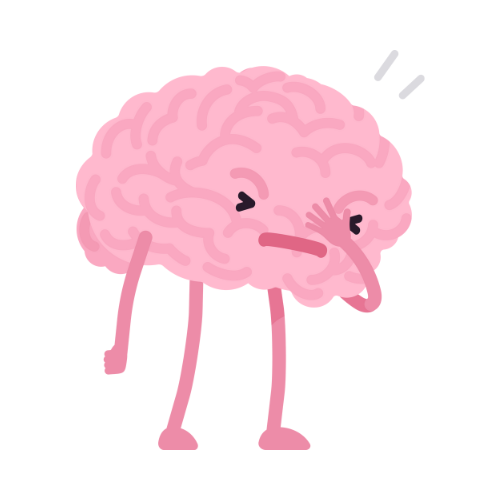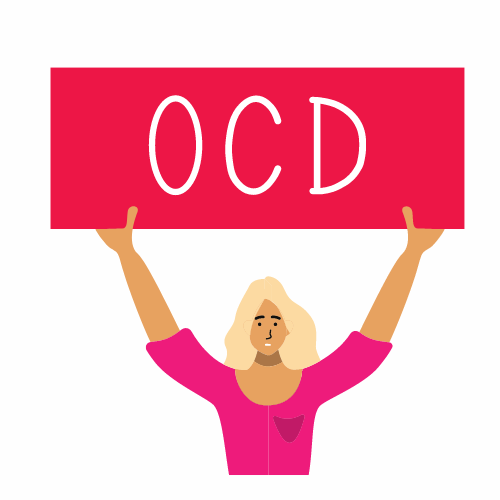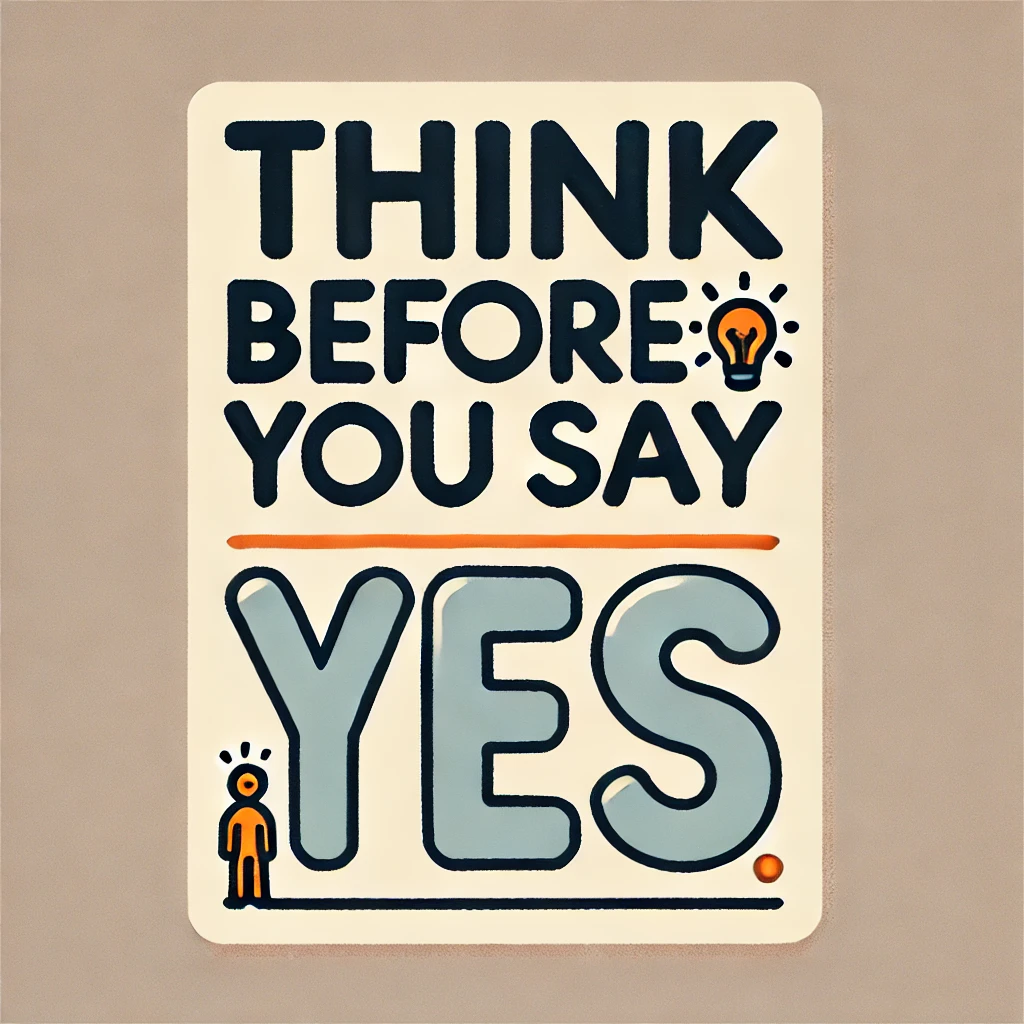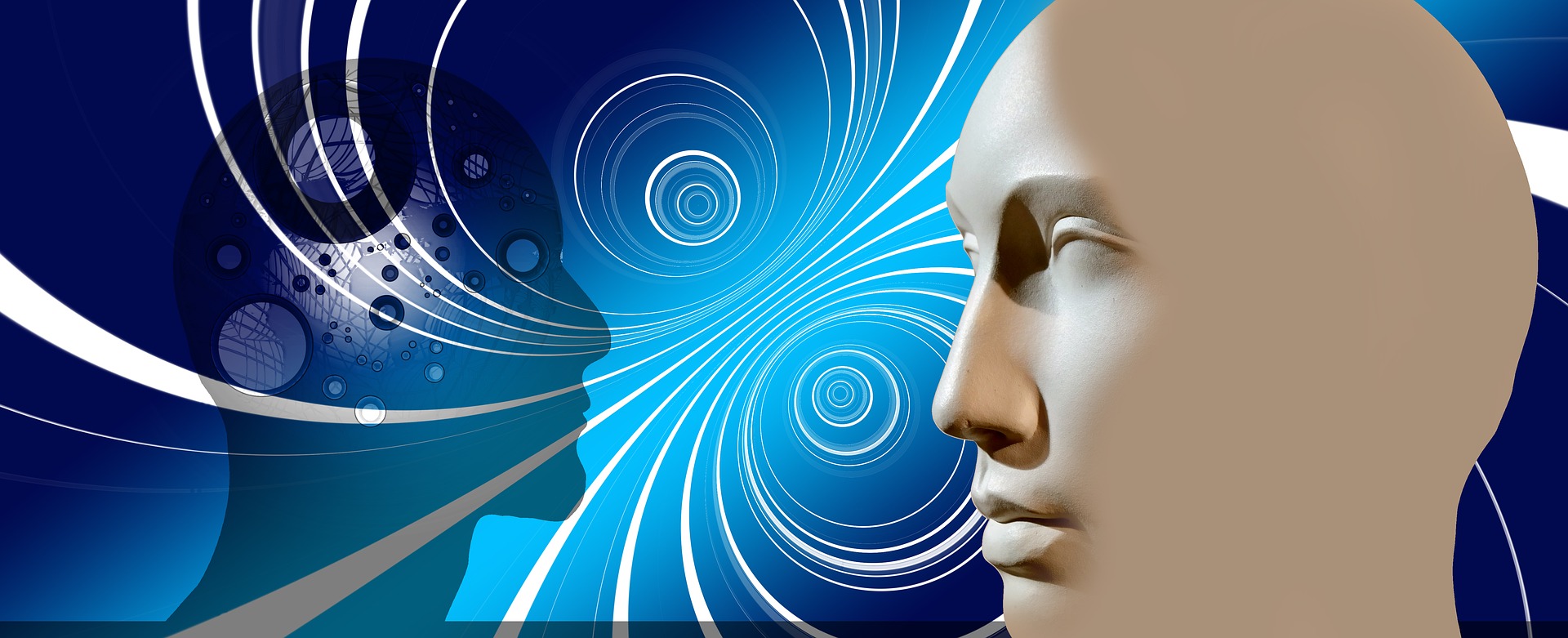
Self-Esteem and Mental Health in ADHD Women: Challenges, Impact, and Empowering Solutions
ADHD, Self-Esteem, and Mental Health: Navigating Life as an ADHD Woman
Living with ADHD as a woman in a neurotypical world can be exhausting. From a young age, many women with ADHD are misunderstood and unfairly labeled as "daydreamers," "disorganized," or even "lazy." These labels often harm self-esteem and can affect mental health over time.
As adults, ADHD women face unique challenges, including emotional regulation difficulties and heightened sensitivity to rejection. This can make it hard to maintain a healthy self-image. This article explores how ADHD impacts self-esteem and mental health and offers strategies to build resilience and support emotional well-being.
Understanding ADHD in Women: Unique Emotional and Social Challenges
ADHD manifests differently in women than it often does in men.

- Internalized Symptoms: While ADHD in men may often present as hyperactivity or impulsive actions, women with ADHD tend to internalize symptoms, resulting in a perception of themselves as being “different” or “deficient.”
- Emotional Sensitivity: Women with ADHD commonly experience heightened emotional sensitivity, leading to rejection sensitivity dysphoria (RSD) and a pronounced fear of judgment or criticism.
The invisible struggles can lead to misdiagnoses, low self-esteem, and complex mental health challenges that many women and others don’t realize are connected to their ADHD.
How ADHD Affects Self-Esteem in Women
Constant Comparison and Self-Doubt
Many women with ADHD experience self-doubt due to frequent comparisons with peers. When tasks that seem simple to others, such as maintaining an organized home or sticking to routines, feel impossible, feelings of inadequacy can arise.
- Struggles with Productivity: The unrealistic expectations for time management and organization can lead to frustration and feeling “less than,” especially when comparing oneself to others who don’t face similar challenges.
- Early School and Work Challenges: Many women with ADHD recall being criticized or punished for behaviors related to ADHD, which can create long-lasting effects on self-esteem.
Masking and the Cost to Self-Perception
Women with ADHD often engage in “masking,” a coping strategy where they hide ADHD symptoms to appear more “neurotypical” in social or professional settings. Although masking may provide temporary relief, it can lead to feelings of disconnection from one’s true self.
- Imposter Syndrome: As a result of masking, many women with ADHD develop imposter syndrome—a feeling of being a “fraud” in their personal or professional lives.
- Emotional Exhaustion: Constantly pretending to be someone they’re not can lead to burnout and a weakened sense of self, as their energy goes toward maintaining an image that feels inauthentic.
Rejection Sensitivity and Low Self-Esteem
Women with ADHD often experience intense sensitivity to perceived criticism or rejection. This phenomenon, known as rejection-sensitive dysphoria (RSD), can lead to a constant fear of judgment and avoidance of social situations.
- Social Withdrawal: The fear of rejection or embarrassment can lead to social withdrawal, making it harder for women with ADHD to build supportive relationships.
- Negative Self-Talk: RSD can feed into a cycle of negative self-talk and self-blame, reinforcing low self-esteem and deepening mental health struggles.
Mental Health Impacts of Low Self-Esteem in ADHD Women
Depression and Anxiety
Low self-esteem can make women with ADHD more susceptible to depression and anxiety. Feelings of inadequacy and hopelessness are common, especially when they perceive themselves as constantly “falling short.”
- Anxiety: Women with ADHD may experience anxiety around work, social gatherings, or even simple daily tasks. This anxiety is often related to a fear of not meeting expectations.
- Depression: When a woman’s self-esteem remains low, depression can develop as a result of feeling trapped in a cycle of perceived failure.
Emotional Dysregulation
ADHD in women often includes challenges with emotional regulation, making it difficult to manage intense feelings or mood swings. Emotional dysregulation can amplify low self-esteem, as women with ADHD may feel “out of control” or “too emotional.”
- Mood Swings and Frustration: Emotional dysregulation can make it challenging to respond to stressors calmly, which may lead to feelings of guilt and shame.
- Sense of Isolation: Because emotional dysregulation can lead to misunderstandings with friends or family, women with ADHD may feel isolated, compounding the effects on mental health.
Strategies for Improving Self-Esteem and Mental Health in ADHD Women
Building Self-Compassion and Acceptance
Self-compassion is a crucial skill for women with ADHD to develop. It means recognizing that ADHD struggles are not personal failings but differences in your brain and neurotype exacerbated by a world that does not realize that.
- Acknowledge Strengths: Celebrate personal achievements and focus on unique strengths rather than perceived weaknesses.
Seeking ADHD-Specialized Therapy
Therapists who specialize in ADHD can offer practical strategies for emotional regulation, social skills, and self-advocacy.
- Cognitive-Behavioral Therapy (CBT): CBT helps women with ADHD reframe negative thoughts and beliefs about themselves, but it must be neurodivergent affirming.
- Support Groups: Connecting with other women who experience similar challenges can reduce feelings of isolation and provide valuable emotional support.
Mindfulness and Emotional Regulation Techniques
Mindfulness practices can help women with ADHD improve their ability to manage intense emotions and reduce anxiety.
- Meditation and Breathing Exercises can help calm the mind and provide a sense of grounding, especially during moments of high stress.
- Identify Triggers: Becoming aware of triggers can help women with ADHD manage emotional reactions more effectively, improving self-perception over time.
Setting Realistic Goals and Boundaries
ADHD often leads to a cycle of setting overly ambitious goals and feeling disappointed when they aren’t met. Setting realistic goals and boundaries can support healthier self-esteem.
- Break Goals into Steps: Breaking down larger goals into smaller, manageable tasks can make them feel more achievable and reduce feelings of failure.
- Set Boundaries to Avoid Burnout: Clear boundaries help prevent burnout, a common issue for women with ADHD who often feel pressured to meet social or professional expectations.
Engage in Activities That Build Confidence
Building self-esteem can sometimes be as simple as finding activities that bring joy and a sense of accomplishment. For ADHD women, this might include hobbies, creative outlets, or sports.
- Explore Creative Outlets: Many women with ADHD find creative activities like art, writing, or music therapeutic and confidence-boosting.
- Volunteer or Join a Community Group: Participating in community activities can provide a sense of purpose and belonging, which can counteract feelings of isolation and low self-worth.
Recognizing the Positive Aspects of ADHD
While ADHD comes with challenges, it also offers strengths. Women with ADHD often display creativity, high levels of empathy, and the ability to think outside the box. Recognizing and celebrating these qualities can help shift focus from perceived shortcomings to unique advantages.
- Creativity and Innovation: Women with ADHD may excel in creative fields or tasks that require innovative thinking.
- Empathy and Compassion: ADHD can enhance emotional awareness, leading to high empathy—a strength in social interactions.
Conclusion: Building Resilience and a Positive Self-Image
Self-esteem and mental health are interconnected for women with ADHD, influencing every aspect of life, from relationships to careers. Recognizing the unique ways ADHD affects self-perception is the first step toward fostering a healthier self-image. By practicing self-compassion, setting realistic goals, and finding supportive communities, women with ADHD can build resilience and feel empowered to live authentically.
ADHD is a part of their journey, but it doesn’t define them. Through understanding, practical strategies, and supportive networks, women with ADHD can nurture self-esteem and develop a stronger, more positive relationship with themselves.
Key Takeaways
- Self-Esteem in Women with ADHD: ADHD symptoms can lower self-esteem, affecting how women view themselves and their abilities.
- Emotional and Social Challenges: Sensitivity to rejection and challenges with emotional regulation impact social relationships and mental health.
- Empowering Strategies: Self-compassion, ADHD-specialized therapy, and mindfulness practices can help women with ADHD build resilience and improve mental health.
- Recognizing ADHD Strengths: ADHD can bring unique strengths such as creativity and empathy that, when embraced, can support a more positive self-image.
Call to Action
If you or someone you know is navigating self-esteem and mental health challenges related to ADHD, consider reaching out to an ADHD-informed therapist or support group. Understanding these challenges is the first step in building a fulfilling and empowered life with ADHD.







